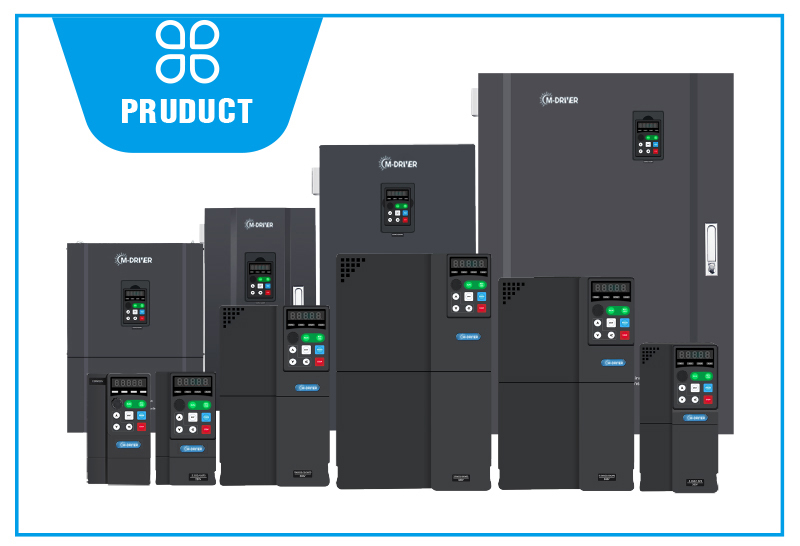The integration of frequency converters, also known as variable frequency drives (VFD), in industrial washing machines has transformed the landscape of laundry facilities across various industries. These converters offer precise control over motor speed, enabling enhanced efficiency, energy savings, and improved performance in washing operations.
Variable Speed Control
Frequency converters enable variable speed control of the motor driving the washing machine. This control allows operators to adjust the speed of the drum or agitator, catering to different types of fabrics, load sizes, and washing requirements. By varying the motor speed, the washing machine can accommodate delicate garments that require gentle washing as well as heavier loads that need more robust agitation.
Energy Efficiency
One of the significant advantages of using frequency converters in industrial washing machines is their contribution to energy efficiency. These devices allow the motor to operate at optimal speeds, matching the specific demands of the washing cycle. By avoiding constant operation at maximum speed, energy consumption is significantly reduced, resulting in cost savings and a more environmentally friendly operation.
Reduced Mechanical Stress
Frequency converters facilitate soft starts and stops, minimizing mechanical stress on the washing machine's components. Traditional washing machines often experience abrupt starts and stops, leading to wear and tear on bearings, belts, and other parts. With frequency converters, the controlled acceleration and deceleration of the motor reduce stress, prolonging the lifespan of the machine and reducing maintenance needs.
Customizable Washing Cycles
The flexibility provided by frequency converters allows for the customization of washing cycles. Operators can adjust the speed and duration of cycles to suit specific fabric types or cleaning requirements. This capability enables a more tailored approach to washing, ensuring optimal cleaning results while preserving the quality of the laundered items.
Improved Performance and Productivity
The precise control offered by frequency converters enhances the overall performance and productivity of industrial washing machines. Operators can optimize washing parameters, such as speed and agitation, leading to more efficient cleaning processes. This increased efficiency translates to higher throughput and improved turnaround times in laundry operations.
Conclusion
Incorporating frequency converters into industrial washing machines has revolutionized laundry facilities by providing unparalleled control, energy efficiency, and customization options. These devices have not only optimized the washing process but also contributed to cost savings, reduced downtime, and extended the lifespan of equipment.
As industries continue to prioritize efficiency and sustainability, the application of frequency converters in industrial washing machines remains a cornerstone of innovation, offering a pathway to more advanced and adaptable laundry solutions.



